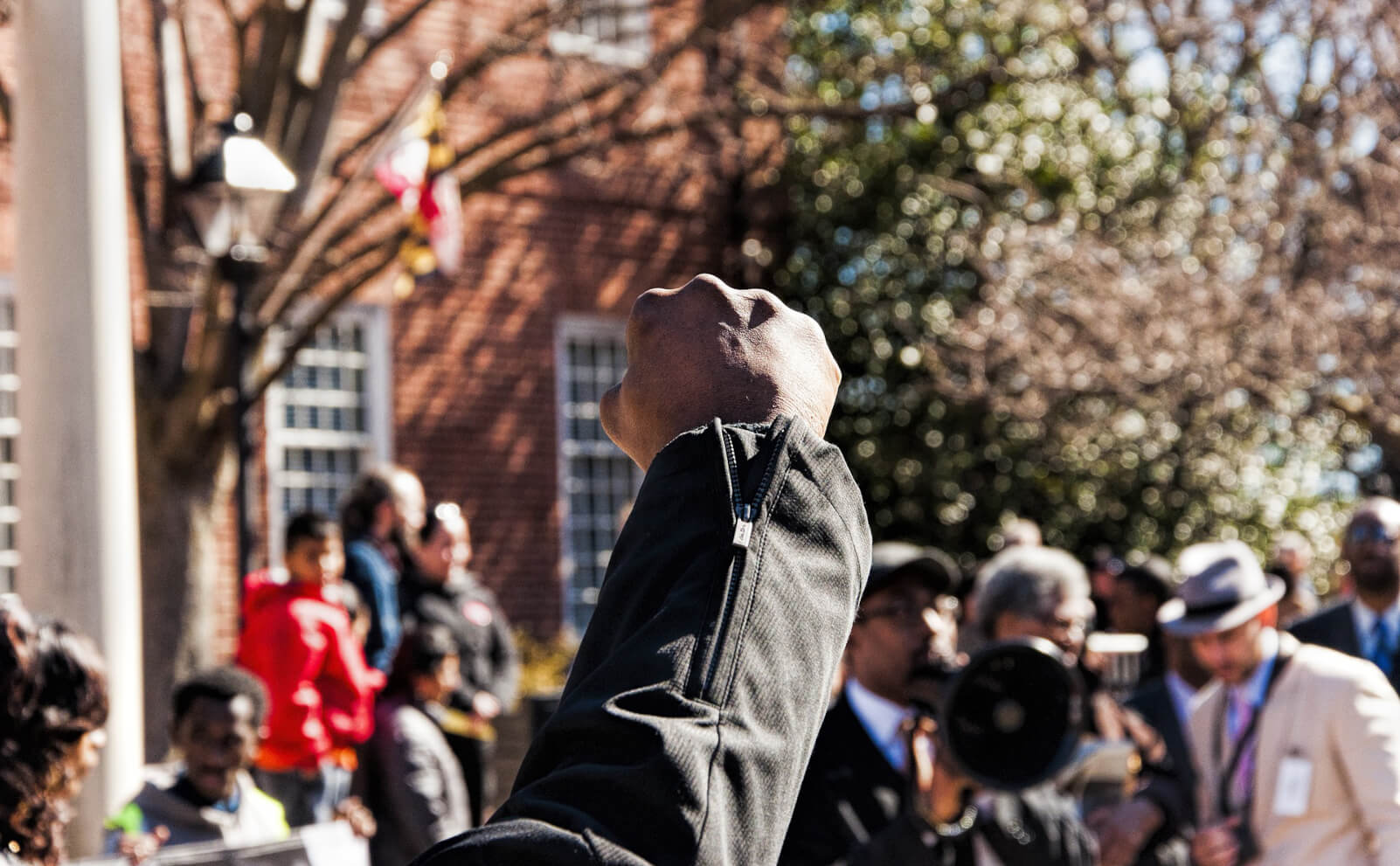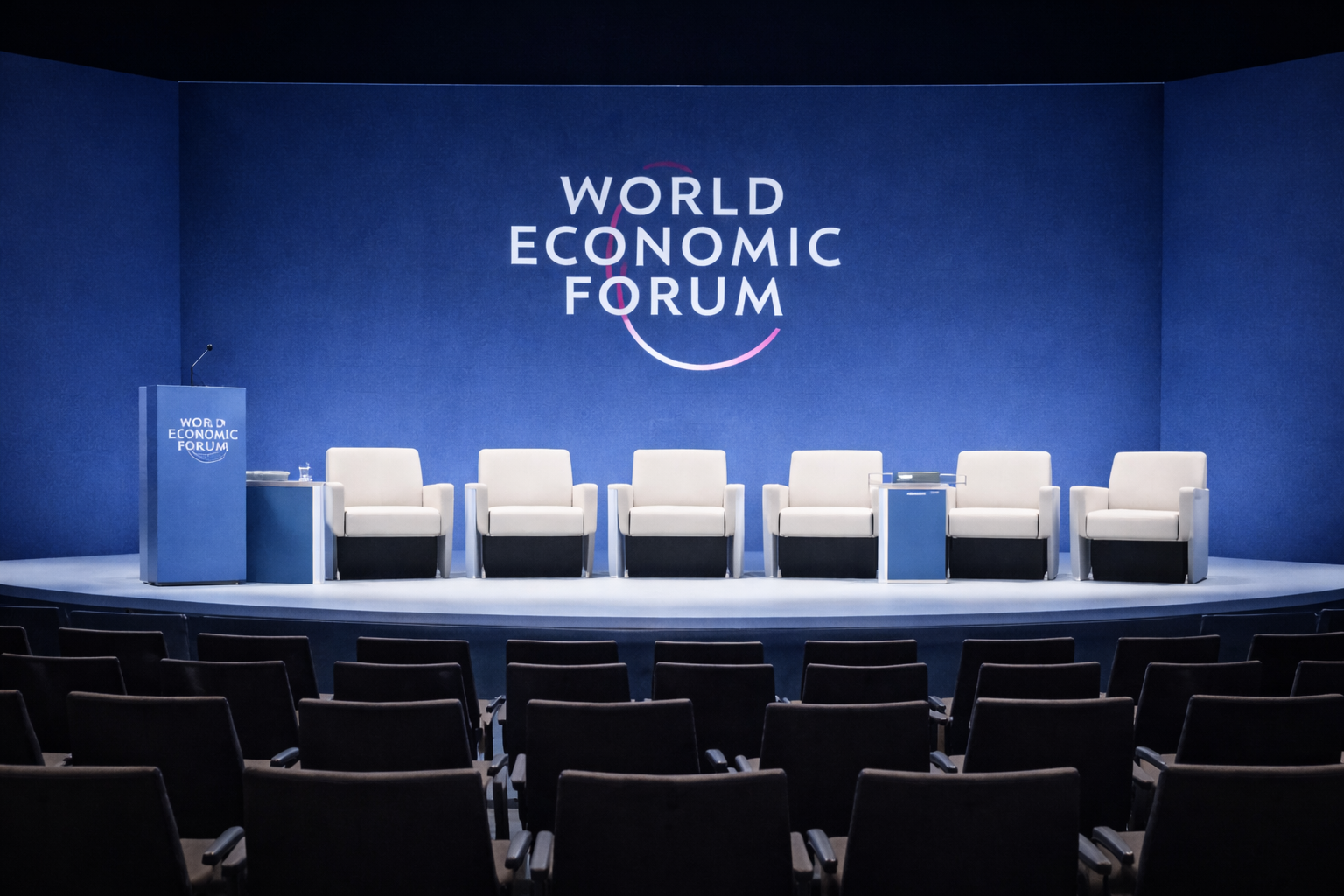In his book “Ein falsches Wort” (One wrong word), René Pfister takes a concerned look at American society and democracy. In his analysis, he explains the terms often used today, such as woke, cancel culture and diversity. At one point or another, he looks across the Atlantic from America and also sees clear tendencies in Europe that call into question the basic principle of democracy, the decision, and will of the majority.
He tries to bring order to the jungle between modern, left, right, conservative, open, and diverse. In this world, performance can no longer be a decision-making criterion or goal. Narratives in the ball game of the attention economy generated artificially by technical platforms determine the sovereignty of interpretation.
And we must ask ourselves what has become of the values and ideals of the Enlightenment, the freedom of the individual and freedom of expression, as well as the basic principle of democracy through the rule of the majority.
Identity politics is just as divisive as discrimination
In this new world discrimination can, caused by actions in the past, only be remedied by discrimination in the future. Specifically: groups that were discriminated against in the past must be actively favored in the future. – Is that fair?
“In contrast to traditional civil rights discourse, which emphasizes incremental progress, critical race theory fundamentally challenges the liberal order – including the principle of equality, the weighing of legal arguments, Enlightenment rationalism, and the principle that everyone is equal before the Constitution. In other words, it takes up the postmodern idea that the values of the Enlightenment and democracy are just another narrative of power – a perhaps subtle, but all the more effective instrument of domination.”
These values are being attacked and undermined by left-wing identity politics in particular. This is because identity politics, which is already widespread in Germany, is about reducing the needs of a specific group of people. Their needs are to be given more recognition by politicians in order to strengthen the influence and position of the relevant group in society and increase its influence.
This kind of identity politics is divisive instead of bringing the camps closer together in the discourse.
Why enlightenment is still valuable
What we have obviously forgotten is the foundation of the Enlightenment: “Liberalism arose as a reaction to the religious wars of the 16th and 17th centuries. At its core, it is the idea that individuals have certain rights: firstly to self-determination and physical integrity, but also the right to choose one’s religion and political beliefs and to generate property.”
These principles are being called into question in the woke and cancel world by technologically enhanced filter bubbles.
We need a return to values like respect and tolerance, not an amplification of outrage. The next time we are triggered by outrage in the social media world, we should try to take a broader view of the context. What can a social solution look like? What are the causes?
With too much focus on gender, diversity, cancel culture and woke, we are creating a world that divides us rather than unites us.
If you want to know more about this, you should read this book. It is well worth it.
Our lives should be about inclusion and participation for all and not about fighting and seeming justice!
Further recommended reading on the topics of digital transformation and entrepreneurship can be found here on my blog or directly on Amazon.
René Pfister
Ein falsches Wort: Wie eine neue linke Ideologie aus Amerika unsere Meinungsfreiheit bedroht
Deutsche Verlags-Anstalt, 256 pages, 22.00 Euro
E-book 19.99 Euro



